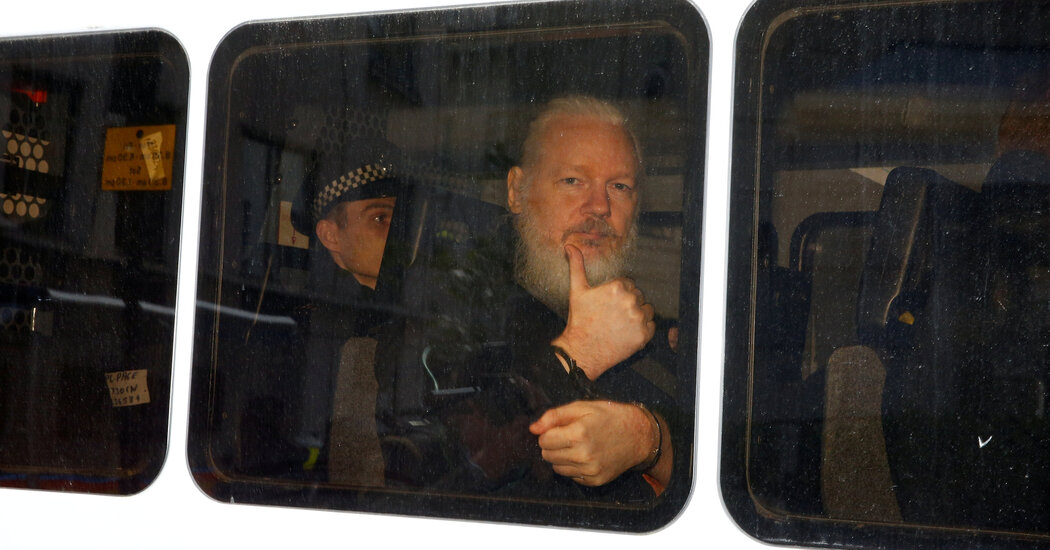Assange’s Plea Deal Sets a Chilling Precedent, but It Could Have Been Worse

The plea deal Julian Assange, the founder of WikiLeaks, has reached with prosecutors is bad for American press freedoms. But the outcome also could have been worse.
The deal, which was finalized on Wednesday in a courtroom in a remote U.S. commonwealth in the Western Pacific, cleared the way for him to walk free after more than five years in British custody, most of which he spent fighting extradition to the United States. In exchange, he pleaded guilty to one charge of violating the Espionage Act.
The result is an ambiguous end to a legal saga that has jeopardized the ability of journalists to report on military, intelligence or diplomatic information that officials deem secret. Enshrined in the First Amendment, the role of a free press in bringing to light information beyond what those in power approve for release is a foundational principle of American self-government.
The agreement means that for the first time in American history, gathering and publishing information the government considers secret has been successfully treated as a crime. This new precedent will send a threatening message to national security journalists, who may be chilled in how aggressively they do their jobs because they will see a greater risk of prosecution.
But its reach is also limited, dodging a bigger threat. Because Mr. Assange agreed to a deal, he will not challenge the legitimacy of applying the Espionage Act to his actions. The outcome, then, averts the risk that the case might lead to a definitive Supreme Court ruling blessing prosecutors’ narrow interpretation of First Amendment press freedoms.
“He’s basically pleading guilty to things that journalists do all the time and need to do,” said Jameel Jaffer, executive director of the Knight First Amendment Institute at Columbia University. “It will cast a shadow over press freedom — but not the same kind of a shadow that would have been cast by a judicial opinion holding that this activity is criminal and unprotected by the First Amendment.”